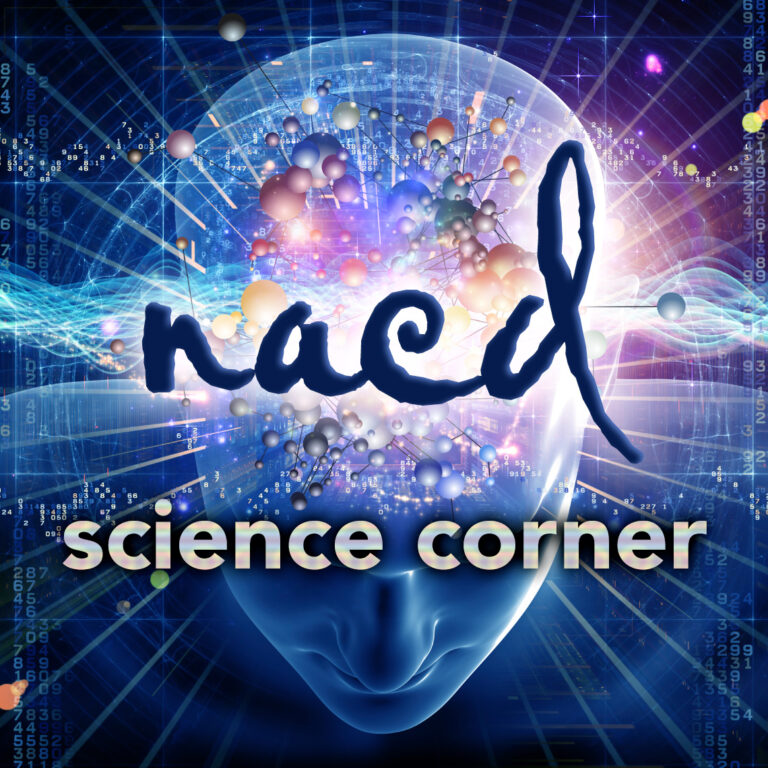NACD Science Corner Vol. 14 – Why Do People with Down Syndrome Have Less Cancer?
A study published in Nature – International Journal of Science confirms that individuals with extra copies of chromosome 21, as found in individuals with Down syndrome, have genes that block certain types of cancer growth. This may have far-reaching implications in the therapies we use to treat cancer. Most types of cancer are rare in…

